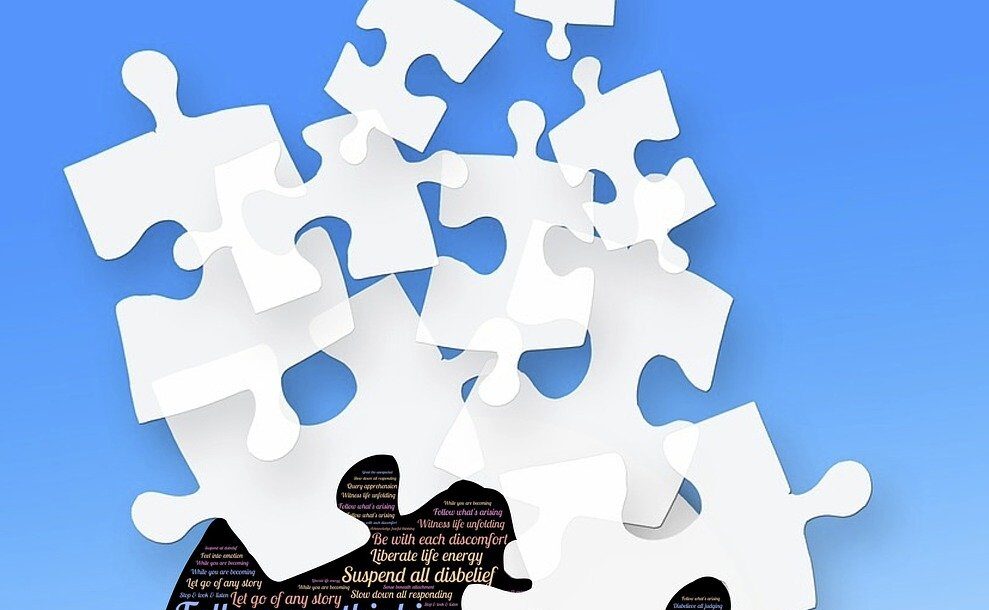Jealousy is one of those emotions we all experience but rarely want to talk about. It can creep in unexpectedly and leave us feeling insecure, frustrated, or even resentful. While it’s often seen as a negative feeling, jealousy is actually a natural human emotion that can provide insight into our needs and desires—if we take the time to understand it.
In this blog, we’ll explore why jealousy happens, how it affects us, and most importantly, what we can do to deal with it in a healthy and productive way.
Why Does Jealousy Happen?
Jealousy usually stems from a combination of factors, including comparison, insecurity, and fear of loss. Here are a few common reasons why jealousy occurs:
- Comparison: In a world where social media constantly showcases other people’s highlight reels, it’s easy to compare our lives, achievements, and relationships to others. We may feel like we’re falling short when we see someone else’s success, happiness, or opportunities, even though we know we’re only seeing part of the picture.
- Insecurity: Jealousy often arises from insecurity about our own abilities or self-worth. If we’re not feeling confident in who we are or what we have to offer, seeing someone else excel can highlight our own perceived shortcomings, making us feel envious of their success.
- Fear of Loss: In relationships, jealousy can be driven by the fear of losing something important, such as a partner’s attention or affection. We might become jealous if we sense that someone or something is threatening the connection we value.
The Impact of Jealousy
Jealousy can have a profound effect on our mental and emotional well-being. It can lead to feelings of frustration, resentment, and bitterness, not only toward others but also toward ourselves. Left unchecked, jealousy can damage relationships, lead to poor decision-making, or cause us to lash out in ways we later regret.
For example, imagine you’ve been working hard at your job for years, but a new colleague quickly rises through the ranks and receives praise for their work. You start to feel jealous of their success, which may lead you to withdraw from your team, gossip about the colleague, or even question your own capabilities. Without addressing these feelings, jealousy can snowball and affect your performance, relationships, and self-esteem.
What Can We Do About Jealousy?
The key to dealing with jealousy is not to suppress it, but to understand and manage it in a way that promotes personal growth. Here are a few strategies to help you handle jealousy when it arises:
1. Acknowledge the Feeling
The first step in dealing with jealousy is acknowledging that it’s happening. Instead of feeling ashamed or guilty about being jealous, recognize it as a normal emotion. We all feel jealous from time to time, and pretending it doesn’t exist only makes it harder to address.
2. Identify the Root Cause
Ask yourself why you’re feeling jealous. Is it because you feel insecure about something? Are you comparing yourself to someone else’s achievements? Understanding the underlying reasons for your jealousy can help you address the core issue rather than focusing on the surface level.
For instance, if you feel jealous of a friend who seems to have everything figured out, ask yourself what it is about their life that triggers those feelings. Maybe you’re not satisfied with your career or personal life, and their success highlights that dissatisfaction.
3. Turn Jealousy into Motivation
Jealousy can actually be a powerful motivator if you use it to your advantage. Instead of letting it consume you, try to channel it into positive action. What can you learn from the person you’re feeling jealous of? How can you use this feeling to inspire growth in your own life?
For example, if you’re jealous of a colleague’s promotion, think about what steps you can take to enhance your own skills or career prospects. Set personal goals and use your feelings of jealousy as a reminder to stay focused on your own journey.
4. Practice Gratitude
Jealousy often makes us focus on what we lack, rather than appreciating what we have. Practicing gratitude can shift your perspective and help reduce feelings of envy. Take time each day to reflect on the things you’re grateful for, whether it’s your relationships, health, or personal achievements.
By focusing on the positive aspects of your own life, you’ll feel less envious of others and more content with where you are.
5. Communicate Openly
If your jealousy is affecting a personal relationship, it’s important to talk about it. Open and honest communication can help you resolve any misunderstandings and rebuild trust. For instance, if you’re feeling jealous in a romantic relationship, expressing your concerns in a calm, non-accusatory way can lead to a deeper connection and understanding between you and your partner.
Moving Forward
Jealousy is a natural emotion that we all experience at times. It doesn’t make you a bad person, but how you choose to deal with it can shape your emotional health and relationships. By understanding why jealousy happens and using it as a tool for personal growth, you can turn a potentially negative experience into an opportunity for self-improvement.
Next time jealousy strikes, take a moment to reflect on what it’s trying to tell you and how you can use it to better your own life.
If you’ve experienced jealousy and want to share your story or thoughts, feel free to write about it in the comments below. It’s a safe space to express how you’re feeling, and your experience may help others who are going through the same thing. See my therapy for help with jealousy and learn how to understand and manage these emotions in a healthy way. Reach out today for support!




Leave a Reply